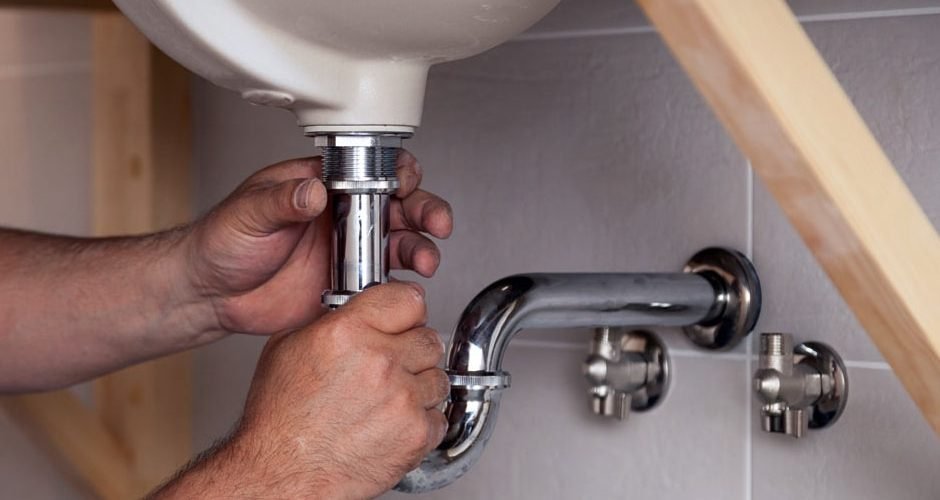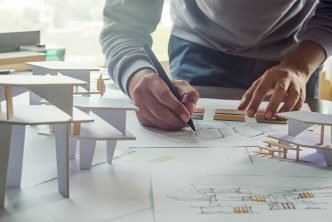Maintaining a home’s plumbing system is crucial for ensuring its longevity, functionality, and safety. Regular plumbing maintenance from Archer Plumbing LLC near Centennial helps prevent costly repairs, avoid water damage, and ensure the efficient operation of fixtures and appliances. Despite its importance, many homeowners need to pay more attention to the need for routine maintenance, leading to various problems that could have been easily prevented. We will explore the importance of regular plumbing maintenance, detailing the benefits and providing practical tips for homeowners to keep their plumbing systems in optimal condition.
Table of Contents
Preventing Costly Repairs
One of the primary reasons for regular plumbing maintenance is to prevent costly repairs. Minor issues, such as small leaks or slow drains, can escalate into significant problems if left unattended. For instance, a small leak can cause water damage, mold growth, and structural damage over time, leading to expensive repairs. Regular inspections and maintenance help identify and address these issues early, preventing them from becoming more severe. By investing in routine maintenance, homeowners can save money in the long run by avoiding major repairs and replacements.
Ensuring Efficient Operation
Regular plumbing maintenance ensures that all components of the system operate efficiently. This includes fixtures such as faucets, toilets, showers, and appliances like water heaters and dishwashers. When plumbing components function efficiently, they use less water and energy, reducing utility bills. For example, a well-maintained water heater heats water more quickly and consistently, using less energy and extending its lifespan. Similarly, well-maintained faucets and toilets prevent water wastage, conserving resources and reducing costs. Efficient operation of the plumbing system contributes to the home’s overall sustainability.
Improving Water Quality
Regular maintenance helps improve the quality of water in the home. Over time, pipes can accumulate sediment, rust, and other contaminants that affect water quality. Regularly flushing the system and checking for corrosion ensures the water remains clean and safe. Maintaining water filters and softeners is essential for removing impurities and preventing hard water problems. Clean and well-maintained pipes and fixtures ensure that the water used for drinking, cooking, and bathing is of the highest quality, promoting the health and well-being of the household.
Extending the Lifespan of the Plumbing System
Routine maintenance extends the plumbing system’s lifespan by preventing wear and tear and addressing minor issues before they cause significant damage. Regular inspections and maintenance help identify potential problems, such as leaks, corrosion, and blockages, allowing for timely repairs. By keeping the plumbing system in good condition, homeowners can avoid premature replacements and ensure that their pipes, fixtures, and appliances last as long as possible. This saves money and reduces the environmental impact associated with manufacturing and disposing of plumbing components.
Preventing Water Damage
Water damage is one of the most common and costly issues caused by neglected plumbing maintenance. Leaking pipes, faulty fixtures, and overflowing appliances can cause extensive water damage to walls, floors, and personal belongings. Regular maintenance helps prevent these issues by ensuring that all components are in good working order and addressing any leaks or weaknesses in the system. Additionally, routine inspections can detect hidden leaks behind walls or under floors, allowing for prompt repairs before significant damage occurs. Preventing water damage protects the home’s structure and reduces the risk of mold and mildew growth, which can have serious health implications.
Enhancing Home Comfort
A well-maintained plumbing system enhances the overall comfort of the home. Low water pressure, slow drains, and inconsistent water temperature can be frustrating and inconvenient. Regular maintenance ensures the plumbing system operates smoothly, providing reliable water pressure and efficient drainage. This contributes to a more comfortable and enjoyable living environment for the household. For example, maintaining the water heater ensures a steady hot water supply for showers while keeping drains clear prevents unpleasant odors and backups.
Ensuring Safety
Regular plumbing maintenance is essential for ensuring the home’s and its occupants’ safety. Faulty plumbing systems can pose various safety risks, such as leaks that lead to mold growth, which can cause respiratory problems and other health issues. Additionally, water heaters that are not properly maintained can develop issues such as pressure buildup, leading to dangerous situations like explosions. Ensuring that gas lines and appliances are in good condition prevents gas leaks, which can be hazardous and even fatal. Regular maintenance and inspections help identify and address these safety concerns, providing peace of mind for homeowners.
Maintaining Property Value
A well-maintained plumbing system contributes to the overall value of the property. Potential buyers are likelier to invest in a home with a reliable and efficient plumbing system, knowing they will not have to deal with immediate repairs and replacements. Regular maintenance records can also provide evidence of the home’s upkeep, making it more attractive to buyers. Conversely, neglected plumbing can lead to significant issues that devalue the property and deter potential buyers. Maintaining the plumbing system ensures the property retains its value and appeal in the real estate market.
Environmental Benefits
Regular plumbing maintenance has environmental benefits by promoting water and energy conservation. Efficient plumbing systems use less water and energy, reducing the household’s environmental footprint. For example, fixing leaks prevents water wastage, while maintaining water heaters ensures efficient energy use. Additionally, well-maintained plumbing systems are less likely to experience issues that result in water contamination or excessive water use. By prioritizing regular maintenance, homeowners contribute to environmental sustainability and conservation efforts, reducing their impact on natural resources.
Practical Maintenance Tips for Homeowners
Homeowners can take several practical steps to maintain their plumbing systems regularly. First, inspect pipes, fixtures, and appliances visually to check for leaks, corrosion, and other issues. Address minor problems promptly to prevent them from escalating. Regularly clean drains using natural methods, such as baking soda and vinegar, to prevent clogs. Flush the water heater annually to remove sediment buildup and maintain efficiency. Install water softeners and filters to improve water quality and protect pipes from corrosion. Additionally, schedule professional plumbing inspections and maintenance at least once a year to ensure the system’s overall health and functionality.
Regular plumbing maintenance is crucial for homeowners to ensure their plumbing systems’ longevity, efficiency, and safety. By preventing costly repairs, improving water quality, extending the system’s lifespan, and preventing water damage, routine maintenance contributes to a comfortable and safe living environment. Moreover, it helps maintain property value, provides environmental benefits, and enhances home comfort. Homeowners should prioritize regular inspections and maintenance, addressing minor issues promptly and scheduling professional check-ups to keep their plumbing systems in optimal condition. By doing so, they can enjoy the long-term benefits of a well-maintained plumbing system and avoid the inconveniences and expenses associated with neglected maintenance.





